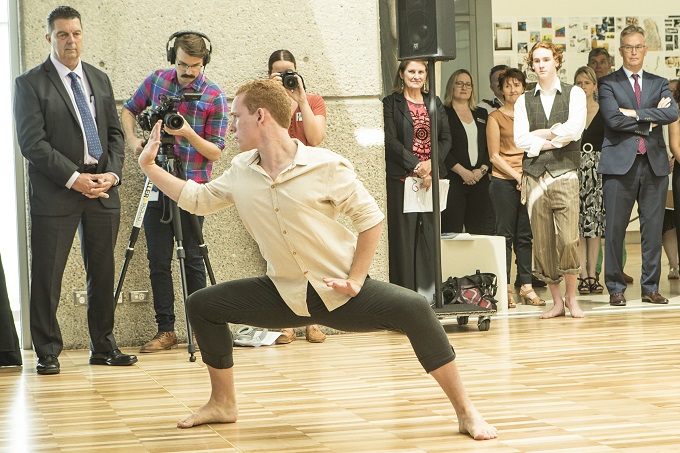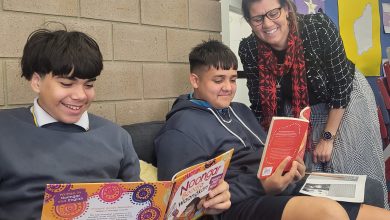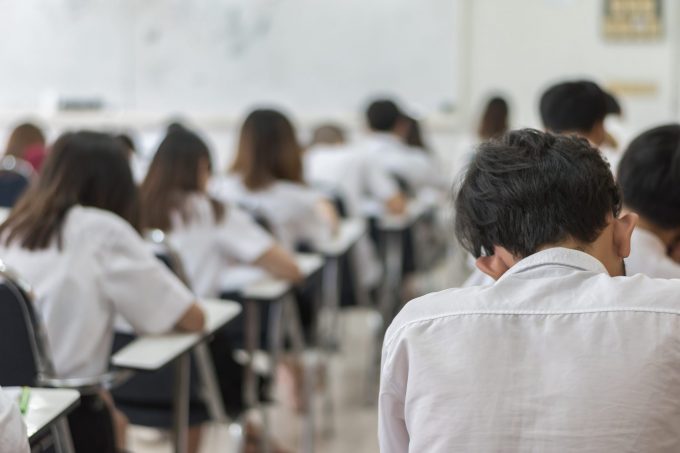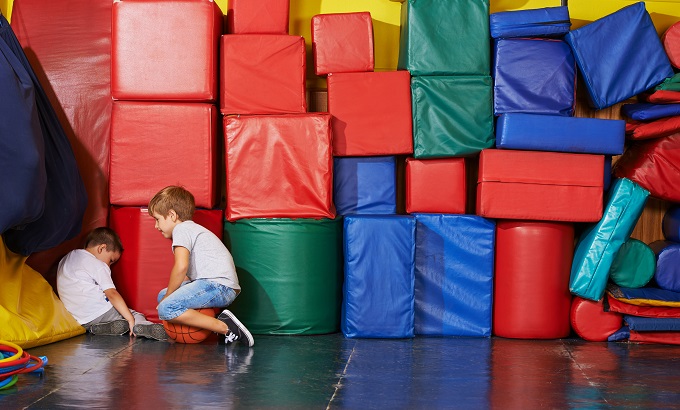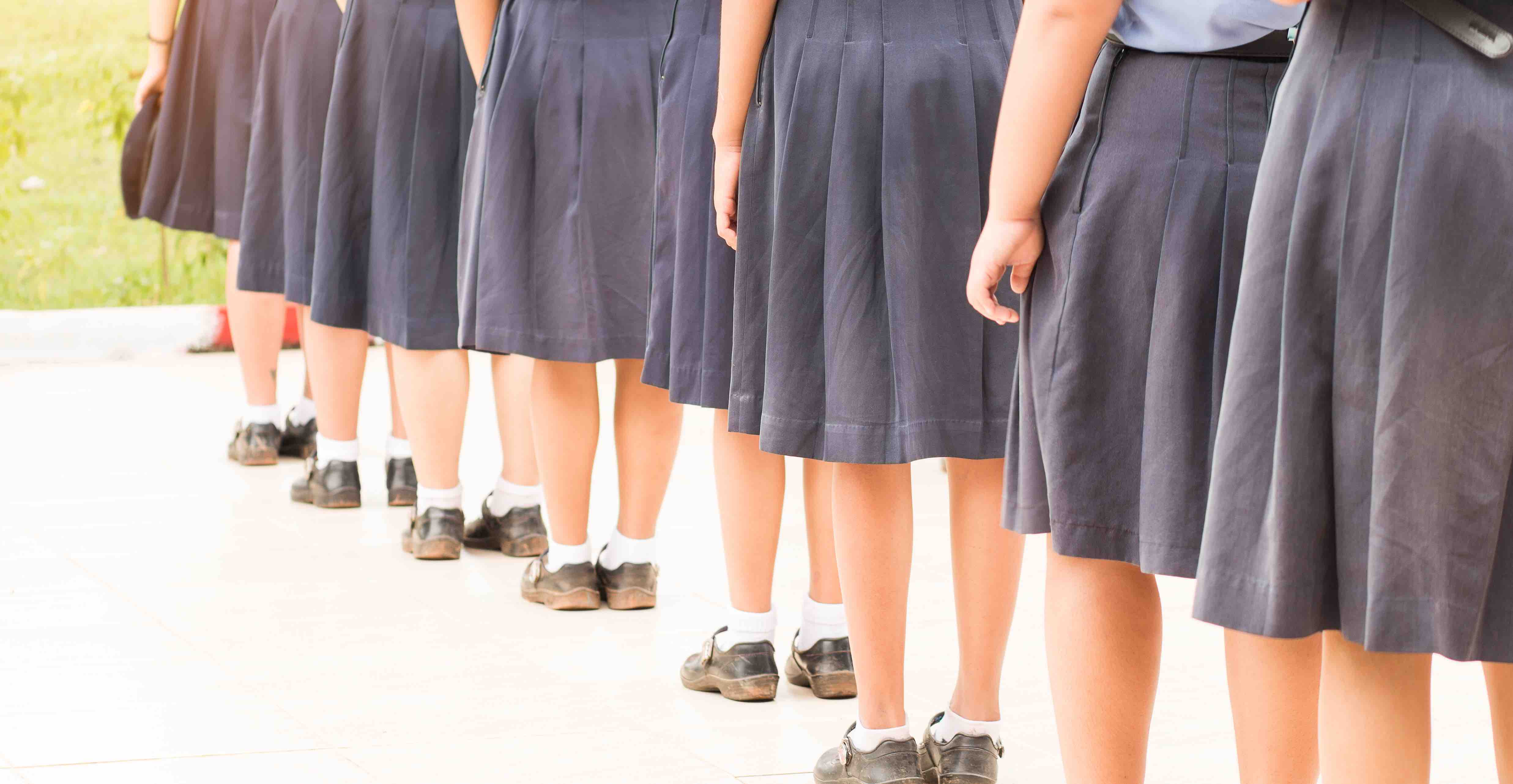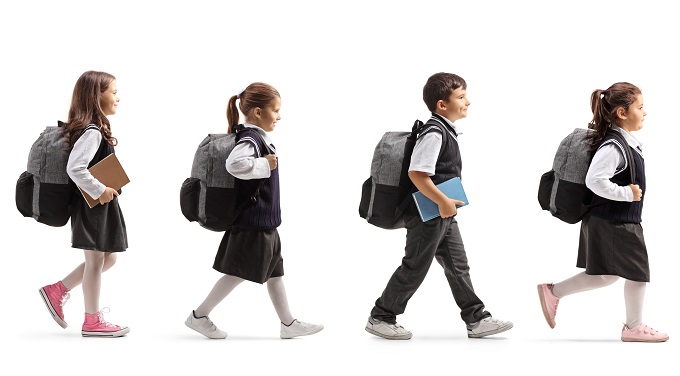
The past few months have seen educators, students and families making enormous efforts to do the best they can to handle and manage the hurdles of the COVID-19 pandemic.
Widespread school closures have highlighted the dreadful reality of social inequities in the lives of disadvantaged children. Issues of uneven internet and technology access, limited access to mental and physical health services, and food insecurity, highlighted the role of schools as a vital pillar in promoting communities’ resilience, and reconstructing their social, emotional, cultural, economic, and physical health.
Offering an expanded School Breakfast Clubs program, Victorian government schools provide meals for 1000 students each week. They may also provide personal electronic devices at no cost to families in need, and are the employer of more than 46,000 full-time teachers.
While numbers vary, this is no different in other states. The Victorian education system— one that includes government, Catholic and independent schools— attends the day-to-day needs of almost one million students and their families.
The current school closures – capturing once again the power of local governance in educational decision-making – prompt policymakers and families to confront the very basic question about the ethical role of schooling in supporting, (re)building, and shaping our society.
We didn’t need the pandemic to prove that schools are much more than institutions reconfiguring learning opportunities, as important as that is. But the outbreak does illustrate educational systems’ ethical responsibility in providing more than just plain grades signifying curricular mastery.
Schools not only communicate knowledge for students, but they can – and should – fulfil each of the five critical roles they’ve historically played in promoting pre-pandemic community resilience: democratic solidarity, human development, social welfare services, employment, and childcare. “Pandemic-resilient schools” can help establish a pandemic-resilient society when they’re capable of (and well-supported in) fulfilling these complex roles.
With epidemiologists warning this may not be the last major infectious disease that impacts our lives, and acknowledging the possibility of more disruptions, the Australian government has put in place various resources, adding to existing tools, that could assist schools – specifically, teachers and school leaders – in navigating their work in this complex, ongoing journey. A free educator wellbeing professional learning module is available on a wellbeing hub alongside the Digital Technologies Hub, and posters that can be used in schools and early learning and child care centres.
However, as we move forward to construct our “new normal” in the wake of the pandemic – forming social norms that promote physical distancing, and notions of isolation, which are very different than the “sharing is caring” mantra we’re all used to – we must consider the ethical challenges educators may face. Some resources, clarity and support are needed in this space, too.
Even in days of “business as usual”, ethical dilemmas in education policy and practice can greatly affect teaching and learning processes, involving complex questions of equity regarding the best ways to teach, lead, discipline or assess, while accounting for the needs of different students and staff.
It’s inevitable, therefore, to (re)think how educators, in the face of constantly changing restrictions affecting them and their schools, should navigate existing (and now intensified) ethical challenges. Such issues should be worked through to assure educators can ethically negotiate their varied, at times conflicting, professional values in this unstable environment.
For starters, there are some questions that need to be reconfigured, such as:
There are many more than these critical issues to rethink, and some principles may be more complicated to negotiate than others.
But it’s clear that educational systems should be ethically committed, perhaps now more than ever, to developing and promoting tools and policies that reduce (rather than reinforce) inequalities in educational opportunities.
Acknowledging the questions that educators confront in this crisis, and understanding that they may face more of these in the event of subsequent waves of the pandemic, it’s crucial that policymakers discuss ways that can support educators in making ethical decisions that go beyond academic teaching.
One suggestion can be to “Marie Kondo the curriculum” – that is, focus on vital topics that bring joy, especially those that can enable teachers to tackle several learning goals at once.
With the assistance of principals, teachers, students, parents and citizens, policymakers can help create pandemic-resilient schools that are sources of community resilience. Such schools will not only provide guidance for educators in their changing work with students, colleagues and families, but they will also help them bear leadership responsibilities in responses to future pandemics.
Such institutions will be based on ethical foundations of equity and justice that support all students and families, at all times.

